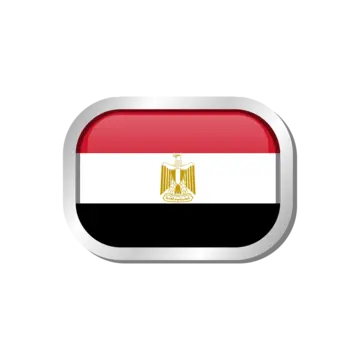اثار
مجلات
تشكيل
مسرح
تراث شعبى
سينما
الكتب خانة
ثقافة عربية
أجندة ثقافية
بود كاست
موسيقى
مشاهدات خاصة
فنون بصرية
خطوة عزيزة
أوتار وأصوات
مقهى الرأى
منصة الدراسات
المراسل العالمى
الإفتتاحية
Home




